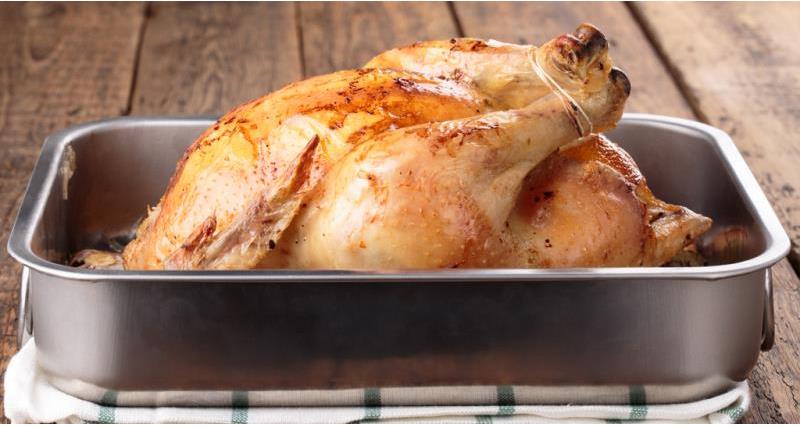Quick Read...
The NFU has said the high welfare standards and "whole supply chain approach" of British farmers must not be undercut by cheap imports produced to different rules. The response follows a House of Lord sub-committee report which led to substantial media coverage highlighting the possibility of chlorine-washed chicken being sold on British shelves post-Brexit.
In the UK poultry industry, we have a farm to fork approach to food safety that is independently audited and inspected at critical control points. It is designed to deliver high bird welfare and a whole supply chain approach to achieving exemplary food hygiene standards. These standards, which are among the highest in the world, add increased costs to poultry production but are accepted as part of producing safe food the public can trust.
Chlorine-washed chicken is banned in the EU because they prefer to take a preventative approach in the food chain.
The US market uses chlorine washing to get rid of bacteria from meat, however, the EU stance is that this could be used to compensate for poor hygiene practices in the food chain.
If food is produced to different standards than that expected of our British farmers as a result of any future trade deal, the impact could be profound. We do not want our high standards to be undermined.
Environment Secretary Michael Gove responded by saying that the UK should not “dilute” its animal welfare standards as part of any future trade deal.
The House of Lords EU Energy and Environment Sub-Committee raised its concerns in a recent report Brexit: Farm Animal Welfare:
'Our evidence strongly suggests that the greatest threat to farm animal welfare standards post-Brexit would come from UK farmers competing against cheap, imported food from countries that produce to lower standards than the UK. Unless consumers are willing to pay for higher welfare products, UK farmers could become uncompetitive and welfare standards in the UK could come under pressure.
'It may be hard to reconcile the government’s wish for the UK to become a global leader in free trade with its desire to maintain high quality standards for agri-food products within the UK.'
The International Trade Secretary should be praising the UK’s high animal welfare and food safety standards and assurance schemes such as Red Tractor when discussing and promoting future trade deals around the world.
Discussing the preliminary Brexit trade talks, NFU President Meurig Raymond said:
“It’s vital that the Secretary of State for International Trade ensures that any discussions about future trade deals do not serve to allow cheap food imports which undermine the high standards that British farmers are proud to produce food to. The public trusts that this food is world-leading in traceability and safety from the farm right through to the fork.
“British farming provides the raw ingredients that feed the nation, a sector worth £109 billion and employing 3.8 million people. If we want this contribution to continue the farming sector needs to be competitive, profitable and productive – and this is dependent on the trade deals agreed after Brexit.
“Failure to do so risks damaging our ability to produce home-grown food, reducing the nation’s food security and driving people to rely on imported food produced to different and potentially much lower environmental and welfare standards - over which we have little or no control.”
